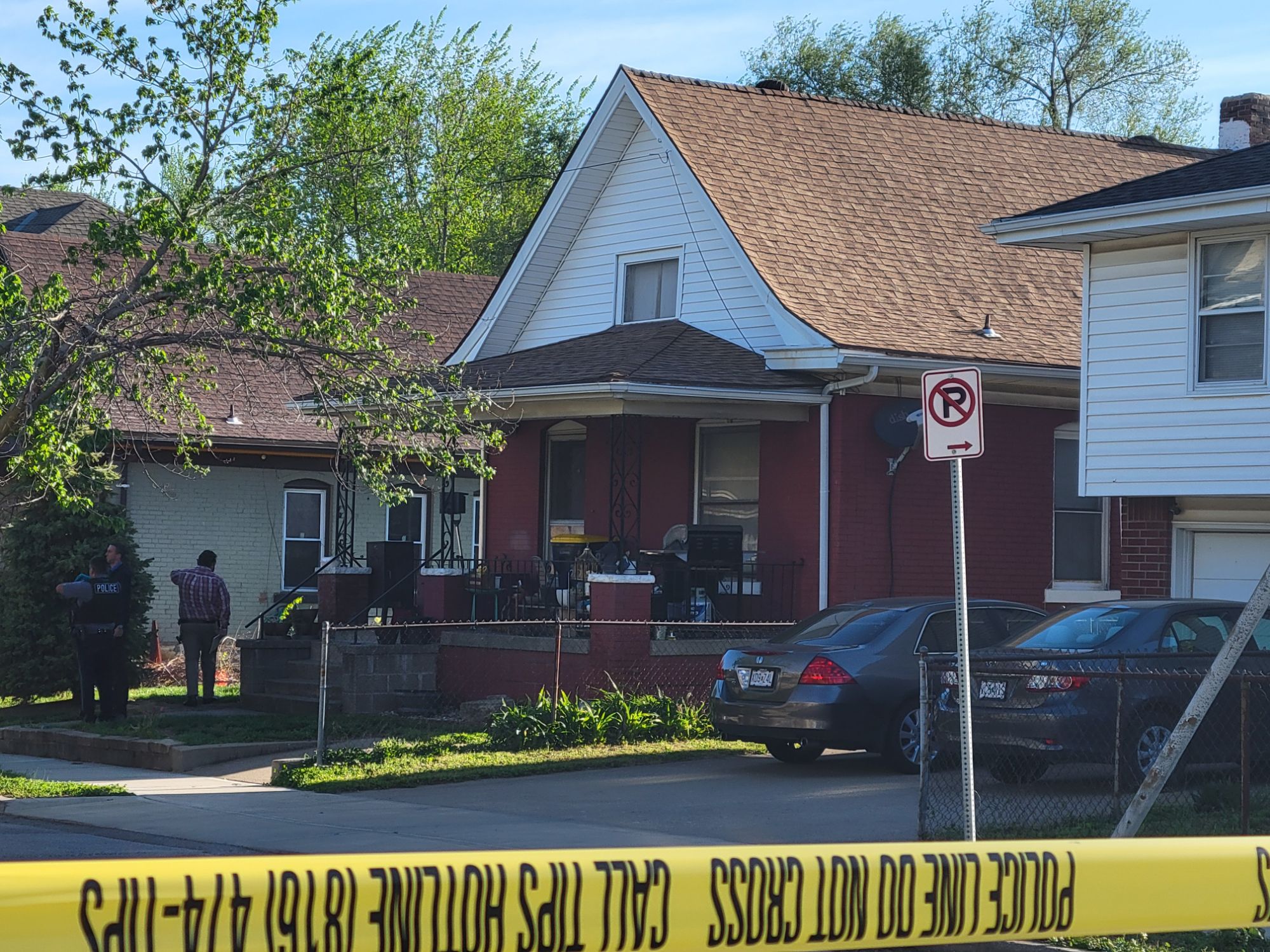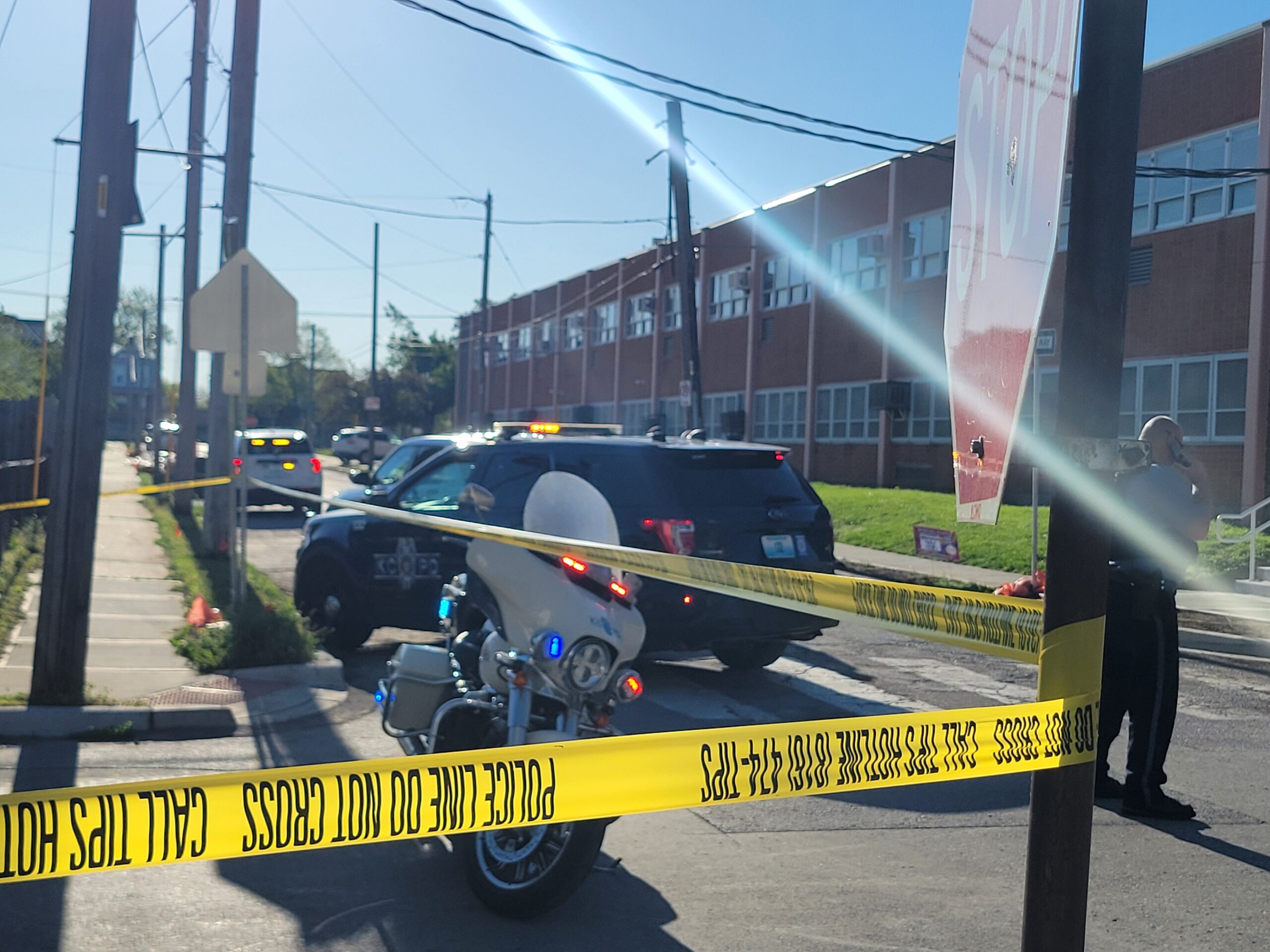By Joe Jarosz
Northeast News
July 8, 2015
KANSAS CITY, Missouri — The project started in 2011. It’s now in the home stretch.
At last week’s Business Session meeting, council members were treated to an update on the progress of the streetcar project. During the presentation, city officials learned where construction progress stands, comparison costs with other streetcars around the country, and the economic development spurned from the starter line.
Ralph Davis, city engineer in Public Works, quickly recapped for the council that the city’s investment in the project is around $102 million and total, 4.4 miles of track will be laid for the two mile route, and the project is expected to be completed in early 2016. As of July 2, 2015, roughly 80 percent of the overall project is complete. Work on the Singleton Yard vehicle maintenance facility, which is located in Columbus Park, should be completed by the end of August.
“Streetcars arrive this fall and we’ll be finishing up all the little bits of construction until next spring, but it’s moving along well,” Davis said.
Davis added that recently, the Catenary Lines were installed along the route south of Truman Road and several more platforms installations will take place along the starter line soon. He added once the cars arrive, they will be put through extensive safety inspections and will have to travel 300 miles before being operational. During that time, the streetcar will be towed along the route and then will travel under their own power, starting off slowly around three miles-per-hour and increasing over time to the 25 miles-per-hour speed limit downtown. Councilman Russ Johnson noted that the cars won’t become available to the public until they’ve passed all safety inspections.
Sherri McIntyre, director of Public Works, informed the council members on how the Kansas City Streetcar compares to other lines that are either under construction on in service in varies cities within the United States.
“There’s been talk within the community that Kansas City is one of the most expensive system’s within the country,” McIntyre said, adding the following data will dispute those claims.
Looking at four cities — Tuscon, Ariz., Cincinnati, Portland, Org., and Kansas City — the city with the highest project cost per track mile was Cincinnati at just over $36 million, followed by Tuscon at around $28 million then Kansas City with $25 million and Portland with the lowest at $22 million. Among the four cities, Kansas City also had a cheaper Vehicle Maintenance Facility, has spent less on streetcar platforms and stops, but spent the most on the actual streetcars at $4.4 million. This data was provided to the city by the Community Streetcar Coalition, a national organization which focuses on the national implication of streetcars around the country.
“We know that we are getting a state-of-the-art vehicle with the ones that we are purchasing,” McIntyre said.
John Pajor, with KC Bizcare, talked about the economic development the streetcar starter line has had so far within the downtown, River Market, and Crossroads areas. When looking at the development, the city takes into account projects that have been announced, are under construction or have been completed. Since the streetcar vote passed in 2012, Pajor said, the city has seen $1.3 billion — or 87 projects — in new development through private investment. Of that development, roughly 3,058 are new dwelling units and seven developers listed the streetcar as a “major positive factor” to begin the project within the downtown area. Pajor also noted that 11 surface lots have or will be turned into buildings.
Tammy Queen, City Treasurer in the Finance Department, informed the council that the Transportation Development District [TDD] revenue is transferred to the city monthly for deposit to the streetcar fund, which includes covering expenses such as operating expenses and debt services. She also said all reserves are fully funded.
After the presentation, Mayor Sly James went on a quick rant about the “non-sense” discussed within the community about how Kansas City’s streetcar is the most expensive in the country. He added the downtown is being transformed and the streetcar is a major factor into that transformation.
“People ought to stop saying that until they get their facts right,” James said. “We’re not even close to being the most expensive streetcar in this country under any way that you measure it. You don’t have to be brilliant to look out the window and see that downtown Kansas City today is different than downtown Kansas City five years ago and there’s gotta be a reason for that.”
By the numbers
Project Cost Per Track Mile
• Portland: $22.43 M
• Kansas City: $25.35 M
• Tucson: $28.26 M
• Cincinnati: $36.76 M
Vehicle Maintenance Facility
• Tucson: $10.98 M
• Kansas City: $11.58 M
• Cincinnati: $11.84 M
Cost per Vehicle
• Portland: $3.31 M
• Tucson: $4.28 M
• Cincinnati: $4.35 M
• Kansas City: $4.39 M


















